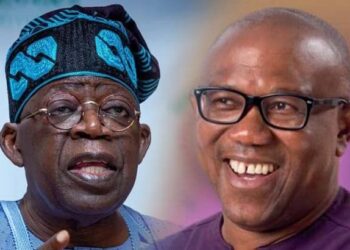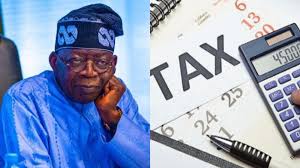Contrary to claims by the federal government of significant gains in its anti-graft policy, new statistics by the Corruption Perception Index(CPI) 2017 has listed Nigeria as slipping downward in the international ranking.
In the latest research by the CPI, carried out in conjunction with the Civil Society Legislative Advocacy Centre(CISLAC) and the Transparency International(TI) and obtained by INDEPENDENT in Abuja, Nigeria currently ranks 148 out of 180 countries assessed in 2017 on the perception of the state of corruption in the country.
The rating which used 100 points to signal maximum transparency and no corruption index, Nigeria scored 27 points, signifying that the fight against corruption may have been temporarily stalled.
According to Okeke Anya, Programme Manager, Democratic Governance, CISLAC, there appears to be a setback in the fight against corruption in Nigeria, confirming a new wave of grand-corruption, political corruption, nepotism, favoritism and bribery still persisting at all levels of governance.
Anya said currently, Nigeria ranks 32 nd position in the African continent out of 52 countries assessed in 2017, noting that Bostwana leads the continent with the record of competent and largely corruption free public administration while Nigeria hopelessly falls behind by 27points.
He explained that in West Africa, Nigeria is the second worst country out of 17 countries leaving only Guinea Bissau behind.
CISLAC also said since the current administration came to power on the anti-corruption ticket, no significant politically exposed person has been duly sentenced on anti-corruption charges.
“Although anti-corruption agencies have accelerated the rate of convictions on anti-corruption charges, the Economic and Financial Crimes Commission has brought 286 cases to conviction in 2016/17.
“However, the majority are rather insufficient cases with little impact of returned assets into the state budget and no effect on unfavourable public opinion, ”CISLAC’s programme manager noted.
The group therefore recommended that to move upward on the global scale, the government must take deliberate policy to appoint credible persons to manage recovered assets, so as to make an impact on the lives of ordinary citizens.
It also recommended the inauguration of the National Procurement Council as provided in the Public Procurement Act to curb systemic corruption in the nation’s procurement process.
The Corruption Perception Index is believed to be one of the most respected international measurement of corruption trends, established in 1995 as a composite indicator used to measure perceptions of corruption in the public sector in different countries around the world.











